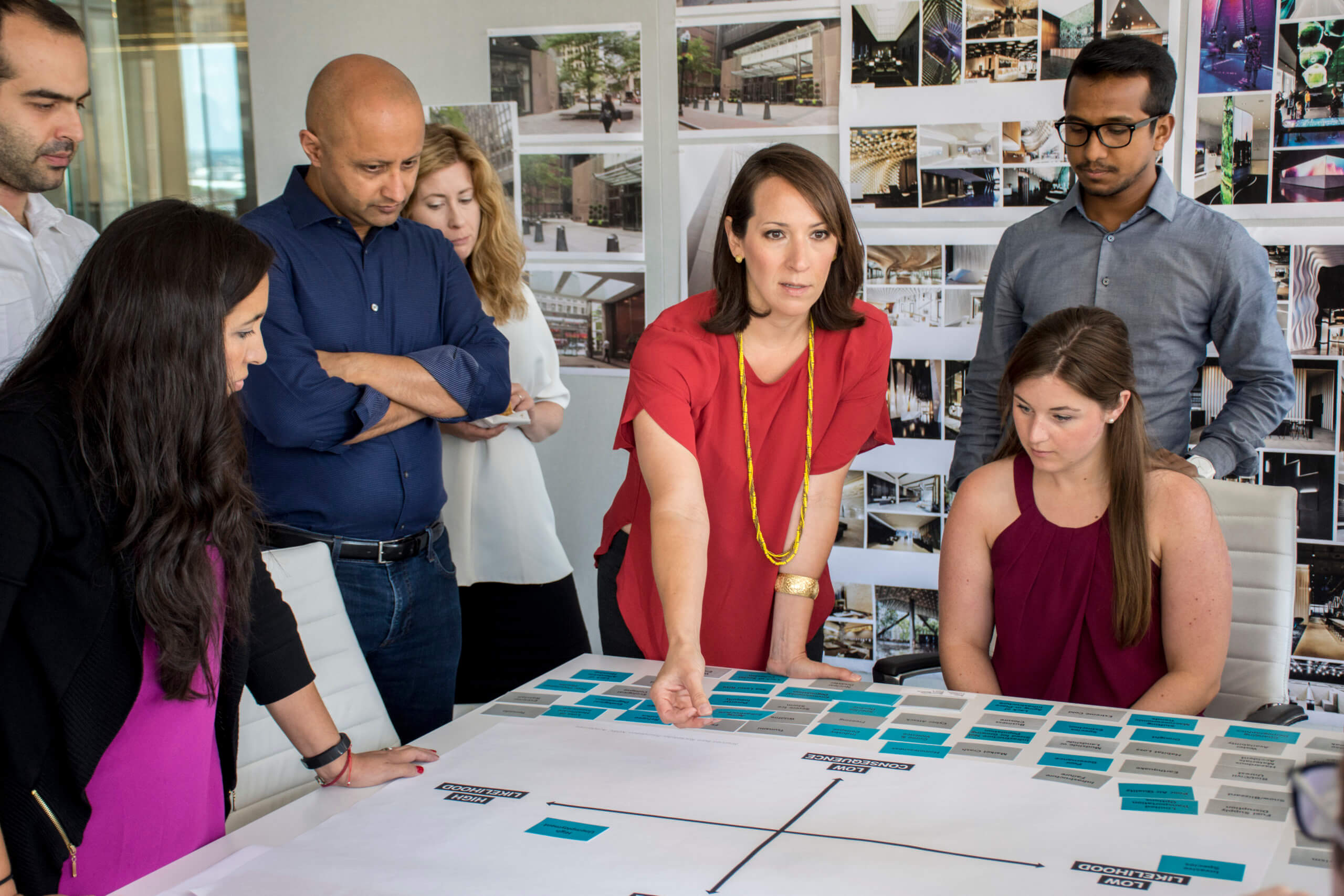Conversations with Colleagues: Yanel de Angel
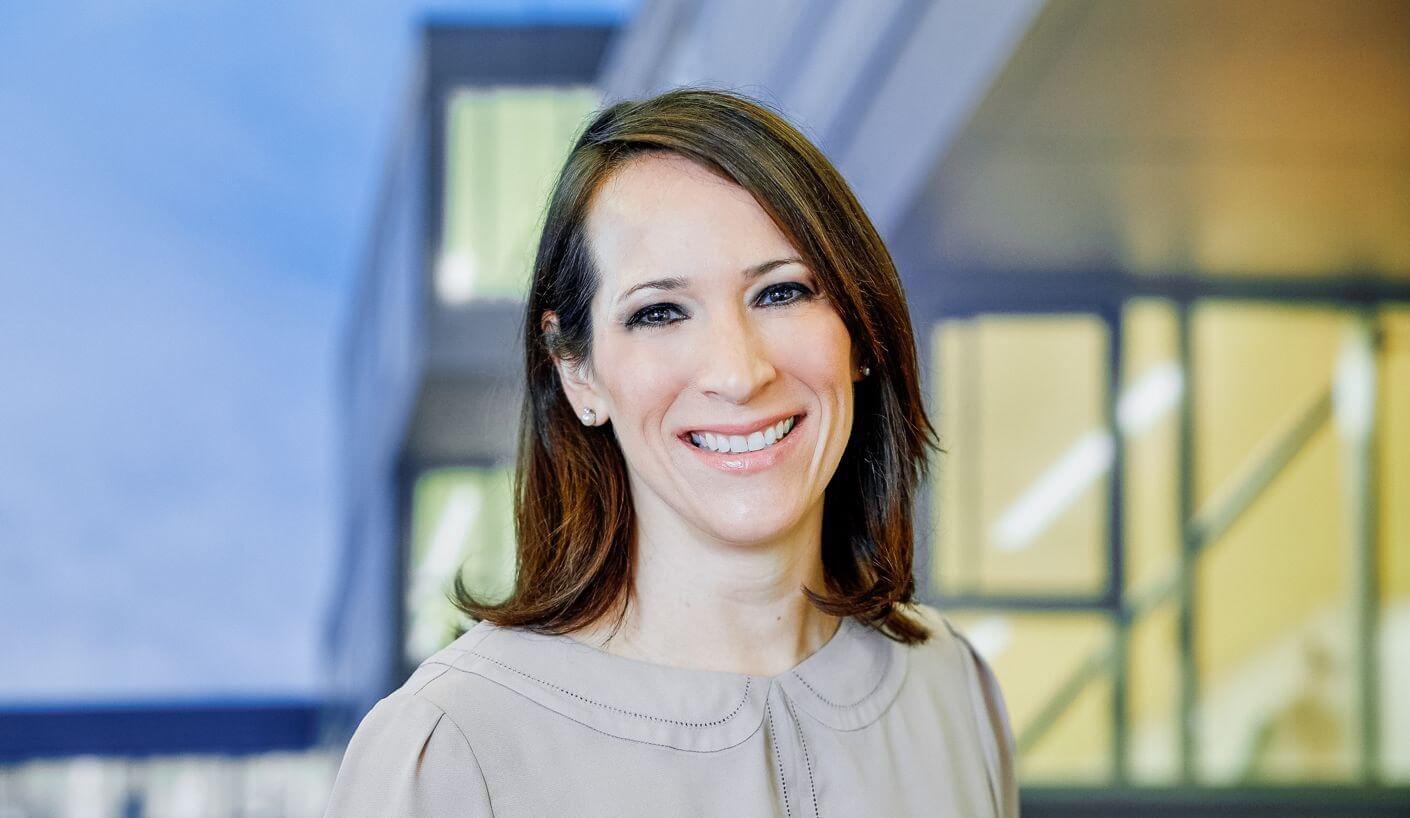

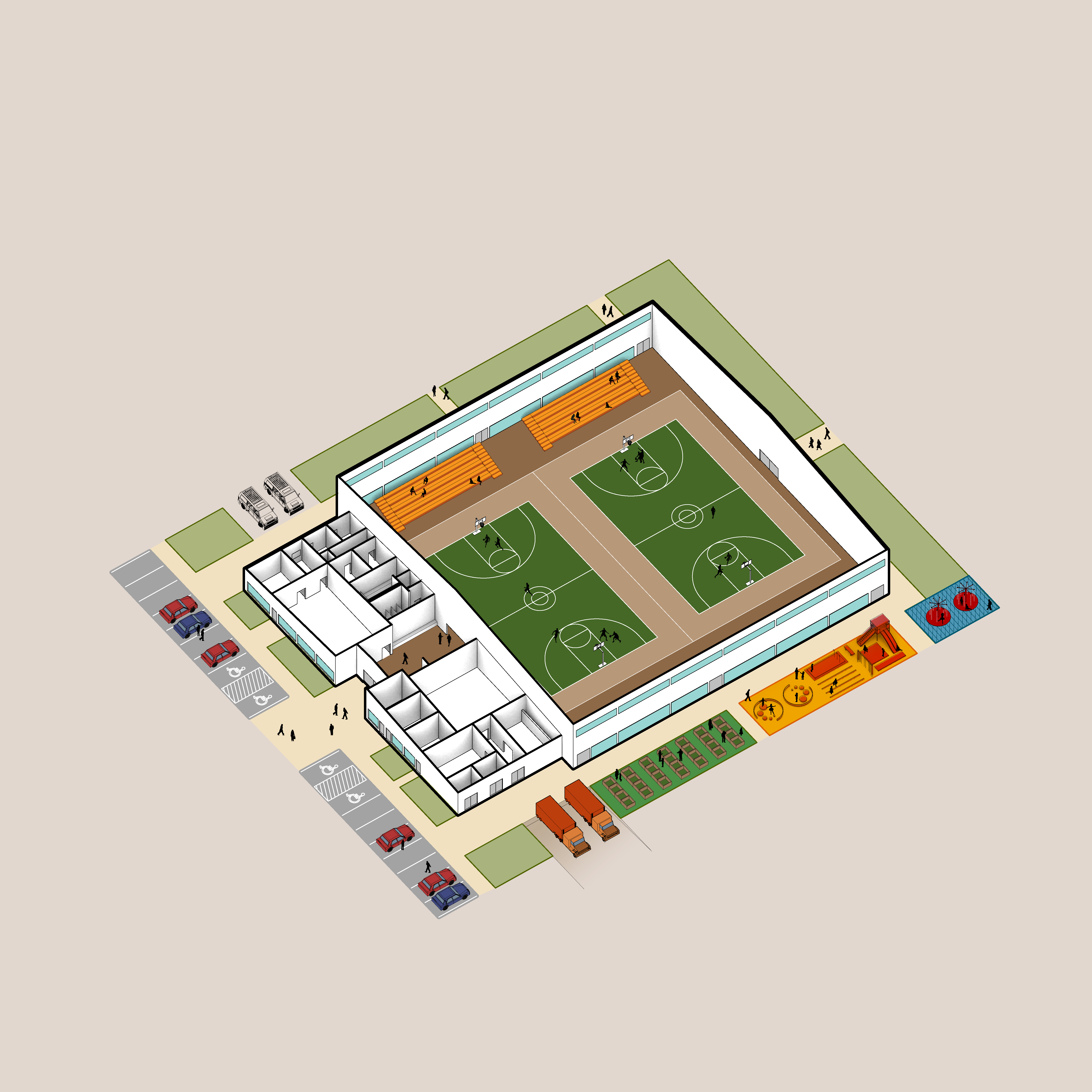
Q: What message about design’s positive influence on the world would you most like to get out there?
A: The challenges we face today CAN be solved by design. This requires breaking traditional silos that hinder designing solutions across disciplines. We often think about design as an act that pertains only to the humanistic and creative arts. The reality is there are many designed constructs in the world, and the more deeply rooted, more complex constructs might be difficult to redesign. Take, for example, climate change and the adaptation required from everyone to enact effective change.
But before we solve problems by design, we need to spend time getting to the root of the problem. We need to understand the problem, characterize it, educate ourselves with data and test solutions. Furthermore, we can have a broader positive impact if we partner in seeking solutions. These partnerships should be strategic and intentional, weaving diverse perspectives to engage in a richer outcome.
Q: What role does diversity, inclusion, and engagement play in the design profession at large?
A: Firstly, it’s been proven that diverse teams are more innovative because they come to a problem with different backgrounds and perspectives. But of course, it is not enough to have a diverse team. The members of the team must feel genuinely included and engaged.
Scaling up to observe diversity firmwide, we must first look at the leadership level and the pipeline of talent. A healthy studio ecosystem is diverse in different ways: cross generational, multi ethnical-racial, talent, experience, backgrounds, disciplines—to mention a few. The outcome of diversity at the Studio scale is to be able to reflect the diversity of the clients we serve so we can better understand where they are coming from with empathy.
Finally, our profession at large must reevaluate its makeup to innovate and serve. As we form teams with consulting partners, contractors, and clients, we are providing that diversity of thought and design solutions at a greater scale. The result is a design product that reflects the deep dimensions of a community.
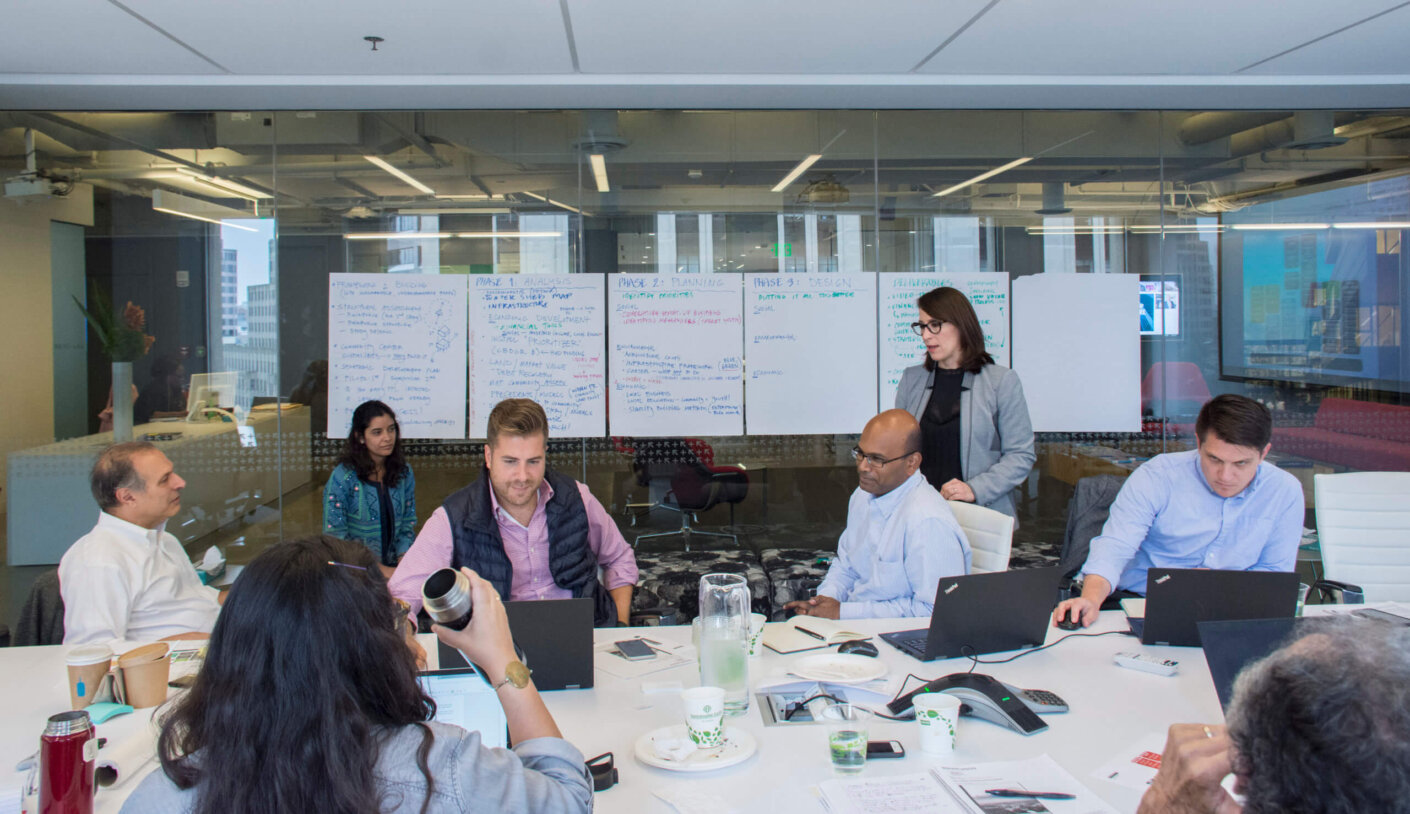
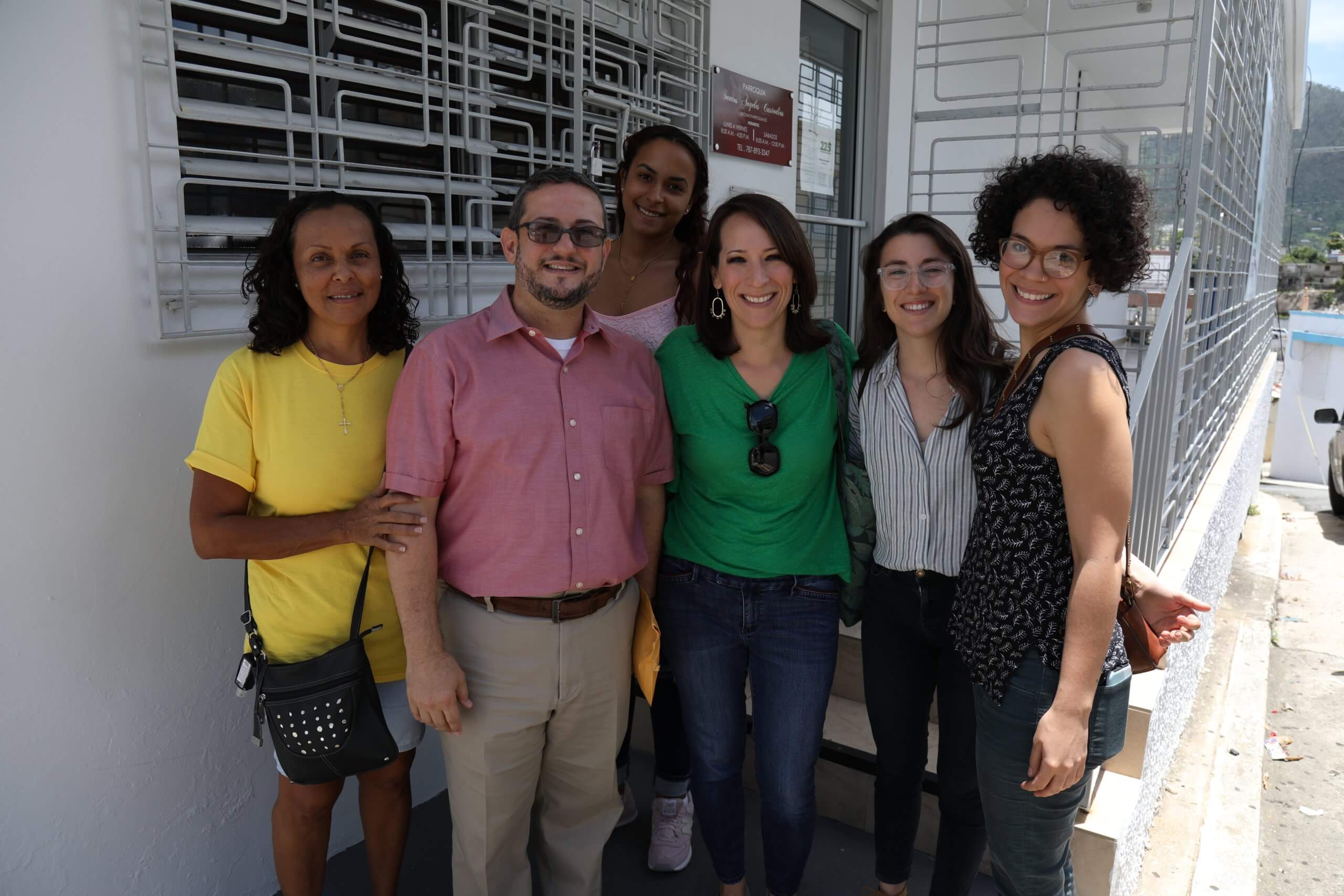
Q: In what ways do you feel your work is contributing to diversity, inclusion, and engagement in broader society?
A: My work contributes in two ways: by giving a voice to those that are often unheard and by inviting all to co-create. I have been lucky to work on for-profit and pro bono projects in which the ripple effect of the work has impacted the broader society.
At Colorado State University, Perkins and Will was selected to transform the existing mid-century building, bringing new life to an ‘old soul.’ In partnership with students and University leadership, and with the imperative ‘diversity at the front door: unity through diversity,’ we collocated the diversity programs resulting in a true community feel, a neighborhood with enhanced identity and equity of space.
Due in part to the generosity and openness of Perkins and Will’s leadership, I have also seen the resilientSEE alliance continue to grow since its creation in the wake of hurricanes Irma and Maria devastated Puerto Rico. Today, the initiative is growing beyond the work completed and on-going in Puerto Rico and includes projects in Atlanta and Mexico. The projects in Puerto Rico have ranged from educational guides for resilient homes and community centers to urban planning and conceptual designs to pre-position vulnerable communities to access grants and do self-advocacy. These projects have been pro bono and have require the coordination of many volunteers including professionals and community leaders.
While the design product is important, we have found that the process is even more so. Through this inclusive process, the community experiences a transformation of empowerment and validation that leads to self-advocacy, project ownership, and ultimately, a resilient spirit.
Q: In what positive ways have your experiences at Perkins and Will changed you, personally or professionally, and/or your outlook on the world?
A: During my nearly 11 years at Perkins and Will, I have felt extremely supported, inspired, and respected. I attribute my personal success at the firm to its open and embracing culture, its genuine and supportive leadership, and its clear design ethos. While I have long admired the firm’s work, it was not until my interview when I saw the personal face of the firm. I was 6-months pregnant when the Boston Studio wanted to hire me. While my current workplace at the time was diminishing my responsibilities and design opportunities because I was pregnant, I was now being offered a job even though a maternity leave was imminent. I paused and asked: “Why do you want to hire me at 6-months pregnant?” The answer was: “Starting a family is a wonderful thing and you will be gone for just a few months. We are interested in your intellectual contribution for the long-term.” I was speechless and despite this beautiful gesture, I did not accept the offer because I felt that I would be taking advantage of their generosity. While I was on maternity leave, they insisted and 11 months later I started working at the Boston Studio.
Since joining the firm, I never felt limited in what I could contribute. I moved fluidly through different roles. One important turning point was joining the Leadership Institute, a one-year training program in which the firm invests in a group of emerging leaders to coach, teach and provide resources. The Institute culminated with one-on-one talks with senior leaders. My talk, as it turned out, was with our CEO, Phil Harrison. I remember the honesty of that conversation and how completely invested in the firm I felt after that.
